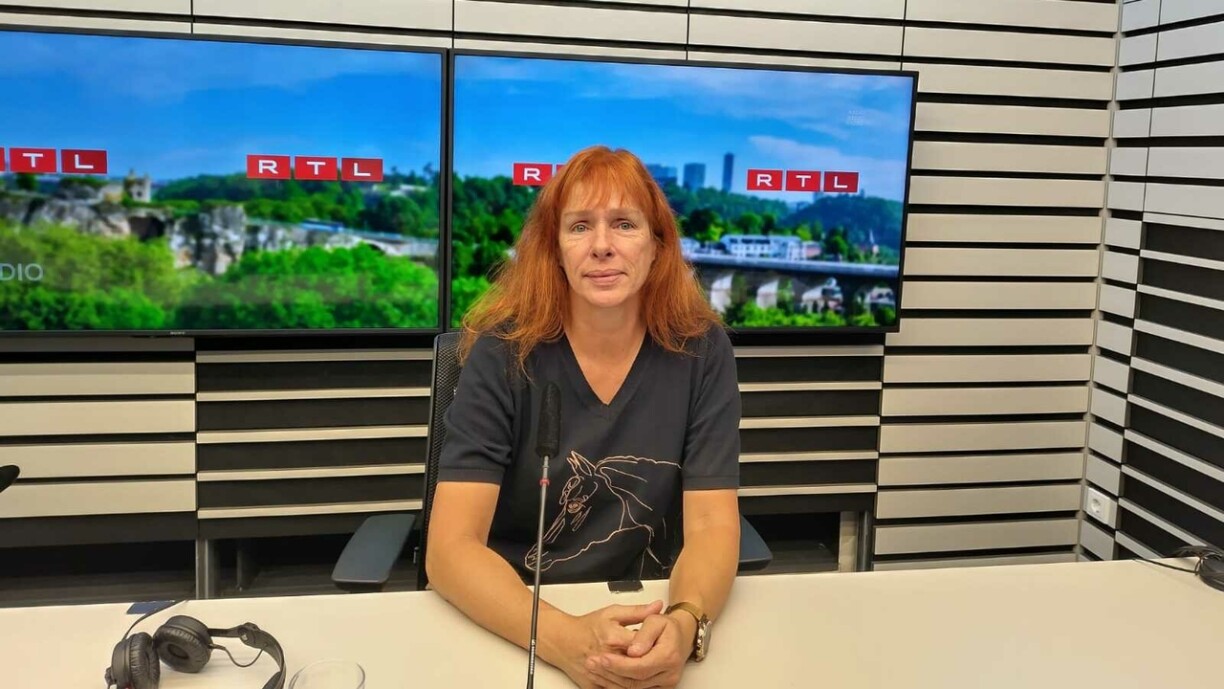
On Friday morning, Astrid Schuller, headmistress of Lycée Bel-Val, spoke with our colleagues from RTL Radio to discuss recent developments in education.
According to Schuller, demand for the new educator training programme, introduced at the start of the 2024/2025 school year to address a workforce shortage, has been exceptionally high. The programme has seen far more applications than available spots, a clear indication of its success. To accommodate as many students as possible, an agreement was reached with the Secondary School for Educational and Social Professions (LTPES) in Mersch to better allocate placements.
Schuller also highlighted the success of the Vocational Aptitude Diploma (DAP) “Inclusion” programme, now in its second year. She emphasised the importance of this training, as there is a notable shortage of “inclusion officers” – professionals who work with individuals with specific needs. Schuller confirmed that students enrolled in this programme for the current school year were all able to secure the necessary training placements.
The Ministry of Education announced at the start of the school year that the “Voie de Preparation” programme, previously known as “Modulaire,” is set to undergo reform.
Astrid Schuller expressed support for this initiative, noting that taskforces have already been formed to review the system. Schuller highlighted that the profile of students enrolled in the Voie de Preparation program has become increasingly diverse.
Previously, the programme primarily served students facing difficulties in French or German, offering them additional support to help them transition into the General Secondary Education system.
However, Schuller pointed out that today, around 60% of students in the programme nationwide have specific needs, which poses new challenges for educators. Many teachers feel underprepared to manage the varied demands of these students, leading to stress and burnout. Schuller emphasised the need to revisit and adapt the programme to meet current needs as part of the reform.
Schuller also underscored the important role schools play in the political education of students, aiming to shape them into responsible citizens.
She supported recent public statements made by Tom Delles, headmaster of the Agricultural School, and Claudine Muller, headmistress of LTPES, against right-wing populism and fascist tendencies. Delles, in particular, made headlines after refusing to shake hands with a member of the Alternative Democratic Reform Party (ADR) during a WWII commemoration event.
Read also: Under the guise of freedom of speech: Green Party accuses ADR of silencing opposing voices
“It is part of a headmaster’s responsibility to highlight such dangers,” Schuller said, stressing that schools have a mission to educate students about the risks of such ideologies. She reminded that the catastrophic consequences of right-wing extremism, as witnessed in the 1930s and 1940s, must not be forgotten. This, she concluded, aligns with the broader role of schools in society.